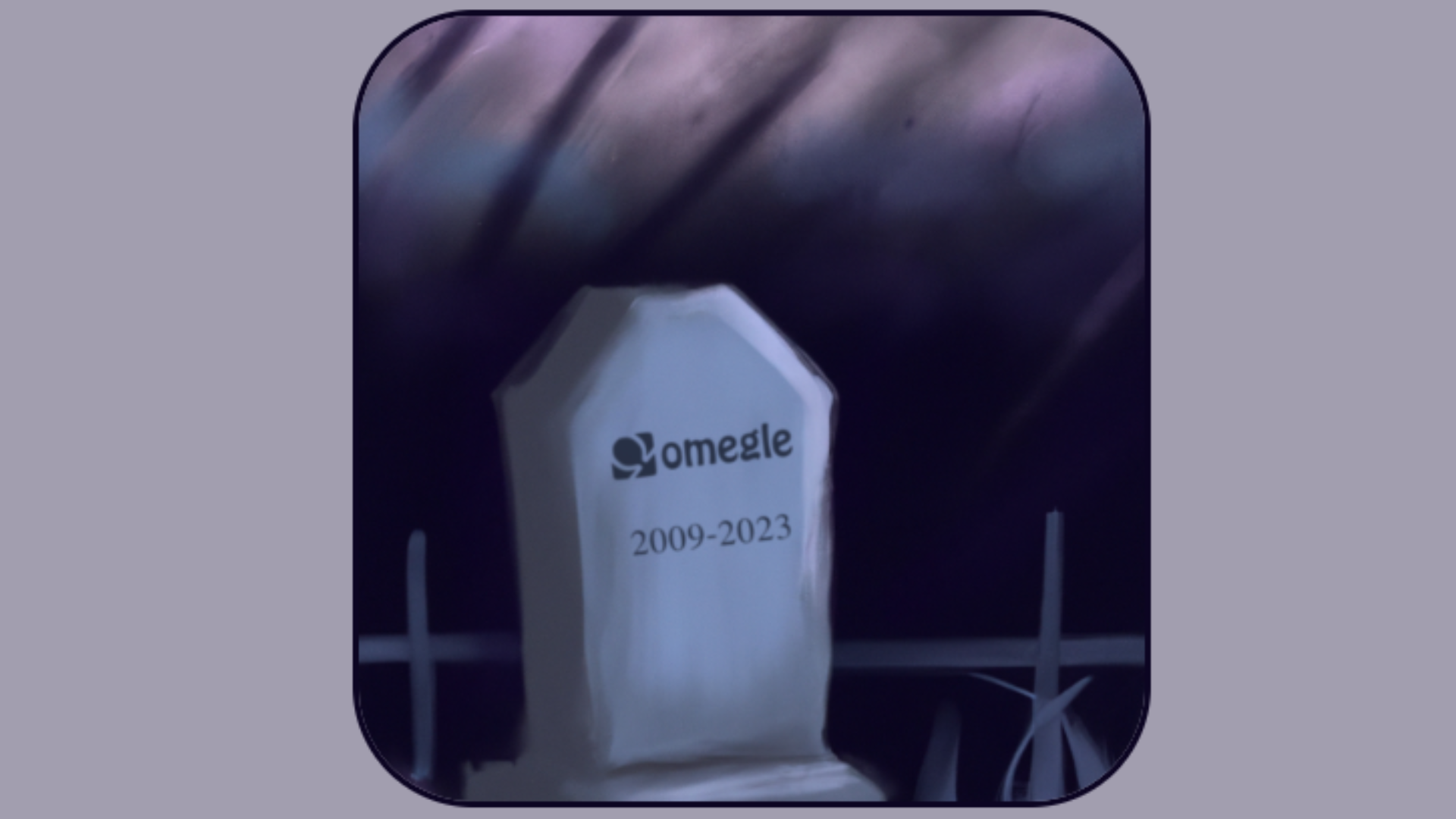The owner of video chat platform Omegle has taken the site offline, amidst accusations that the service connected minors with sexual abusers.
Leif K-Brooks, who launched the site in March 2009 when he was 18 years old, replaced the service with a lengthy message about free speech, the nature of the internet, and his vision for the now-dead site.
Based on archives of the site, K-Brooks shut it down on Wednesday.
“Virtually every tool can be used for good or for evil, and that is especially true of communication tools, due to their innate flexibility. The telephone can be used to wish your grandmother ‘happy birthday’, but it can also be used to call in a bomb threat. There can be no honest accounting of Omegle without acknowledging that some people misused it, including to commit unspeakably heinous crimes,” K-Brooks wrote. “I believe in a responsibility to be a ‘good Samaritan’, and to implement reasonable measures to fight crime and other misuse. That is exactly what Omegle did. In addition to the basic safety feature of anonymity, there was a great deal of moderation behind the scenes, including state-of-the-art AI operating in concert with a wonderful team of human moderators. Omegle punched above its weight in content moderation, and I’m proud of what we accomplished.”
In 2021, a woman filed a lawsuit against Omegle for $22 million. She claimed that she was paired with an adult man when she was 11 years old, and that he manipulated her into masturbating and urinating on camera in front of him over the course of three years. That man was Ryan Fordyce, whose massive stash of child pornography would later be raided by law enforcement, including hundreds of images of the plaintiff.
“This isn’t fucking free speech, you know, introducing strangers for the free exchange of ideas,” her attorney Carrie Goldberg told Mother Jones in 2022. “This is about criminal conduct.”
Goldberg told me in an email that this was the result of last week’s mediation against her client. The parties reached a settlement on November 2, and the case was dismissed.
#RIPomegle 🪦
— Carrie Goldberg (@cagoldberglaw) November 9, 2023
Thank you to our client A.M. for convincing Omegle of its human cost. pic.twitter.com/nDWU4EZ6K1
In July, a judge said that Omegle can’t be shielded by Section 230 of the Communications Decency Act, which protects website operators from liability for what their users do on their sites. The judge argued that Omegle’s design itself was the cause for harm, not the speech between users.
Another lawsuit, filed on September 28 from a different sexual abuse victim, makes similar claims: That when the plaintiff was 11 years old in the fall of 2020, she was using Omegle and was paired with an adult man who coerced her into sending explicit images. Two years later, she claims, she was using Omegle again when she was paired with another man and groomed into sexual acts again. The plaintiff in that case is also suing for $22 million. Omegle requested an extension of time for responding to the complaint until November 10, which was granted. But in the time between the complaint’s filing and that deadline, he’s taken the site down and made public his feelings about having operated the site and alluded to what he sees as “attacks” against him and internet speech in general.
“Whatever the reason, people have become faster to attack, and slower to recognize each other’s shared humanity. One aspect of this has been a constant barrage of attacks on communication services, Omegle included, based on the behavior of a malicious subset of users,” he wrote, calling the “recent attacks” on the site “anything but constructive.”
“The only way to please these people is to stop offering the service. Sometimes they say so, explicitly and avowedly; other times, it can be inferred from their act of setting standards that are not humanly achievable. Either way, the net result is the same,” he wrote.
K-Brooks did not immediately respond to 404 Media’s request for comment.
This piece has been updated to reflect that A.M v. Omegle.com LLC was settled.


